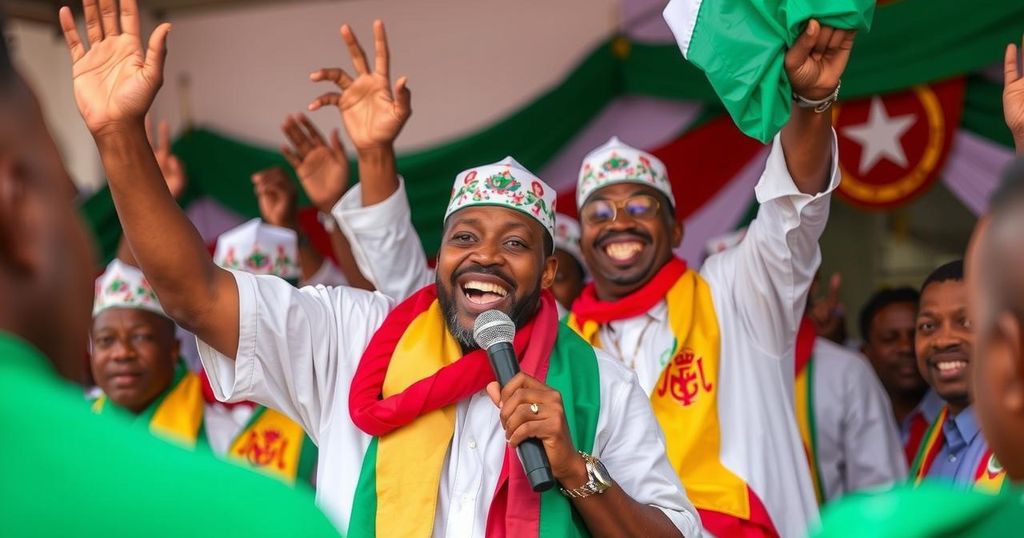World news
AFRICA, AHMED BARTCHIRET, ANGE, ASIA, BURKINA FASO, CHAD, CHINA, DE, DEBY, DEMOCRACY, DEMONSTRATIONS, ELECTIONS, EUROPE, EUROPE/ASIA, FRANCE, GOVERNMENT, MAHA, MALI, NATIONAL ASSEMBLY, NIGER, OPPOSITION, PARIS, PATRIOTIC SALVATION MOVEMENT, REUTERS, RUSSIA, SUCCES MASRA
Oliver Grayson
0 Comments
Chad’s Ruling Party Secures Majority in Controversial Parliamentary Election
Chad’s ruling party, the MPS, has won a majority in parliamentary elections deemed lacking in transparency by opposition parties. With 124 out of 188 National Assembly seats, the elections have been declared a move towards democracy by the government, despite claims of a rigged process. Deby’s rise to the presidency followed his father’s death during a conflict, and recent tensions with France indicate a possible shift in foreign policy.
The recent parliamentary elections in Chad, conducted last month, have resulted in the ruling Patriotic Salvation Movement (MPS), led by President Mahamat Idriss Deby, securing a significant majority. The National Elections Management Agency (ANGE) announced that the MPS captured 124 of the 188 National Assembly seats, with voter participation recorded at 51.56%. Despite a boycott instigated by various opposition parties including the Transformateurs, which criticized the elections for their lack of transparency, the government heralds these results as a step towards democratic transition.
In addition to the electoral outcome, Deby’s ascension to the presidency occurred under turbulent circumstances. He was elected president following insurgent actions that led to the death of his father, Idriss Deby Itno, who ruled Chad for thirty years. This occurred amid a backdrop of increasing tension between Chad and France, particularly following the termination of the defense cooperation agreement. Deby’s administration has been fortifying its stance against perceived foreign intervention, echoing similar movements in neighboring countries such as Mali and Niger.
Chad has a complex political history characterized by autocratic leadership and conflict. The MPS has governed the country since the early 1990s, and recent electoral narratives have raised questions about the legitimacy of the democratic processes within the nation. The current political climate has also seen a tangible shift away from traditional alliances with Western powers, such as France, reflecting broader geopolitical changes in the Sahel region. These elections, boycotted by major opposition parties, underscored prevailing concerns about government transparency and the political environment in Chad.
In summary, Chad’s recent parliamentary elections have led to a confirmed majority for President Mahamat Idriss Deby’s ruling party amidst a significant opposition boycott. The electoral conduct has been criticized for transparency issues while Chad’s foreign relations have shifted, particularly in regard to France. Ongoing political dynamics will continue to influence Chad’s governance and its position within the Sahel region.
Original Source: www.dw.com




Post Comment